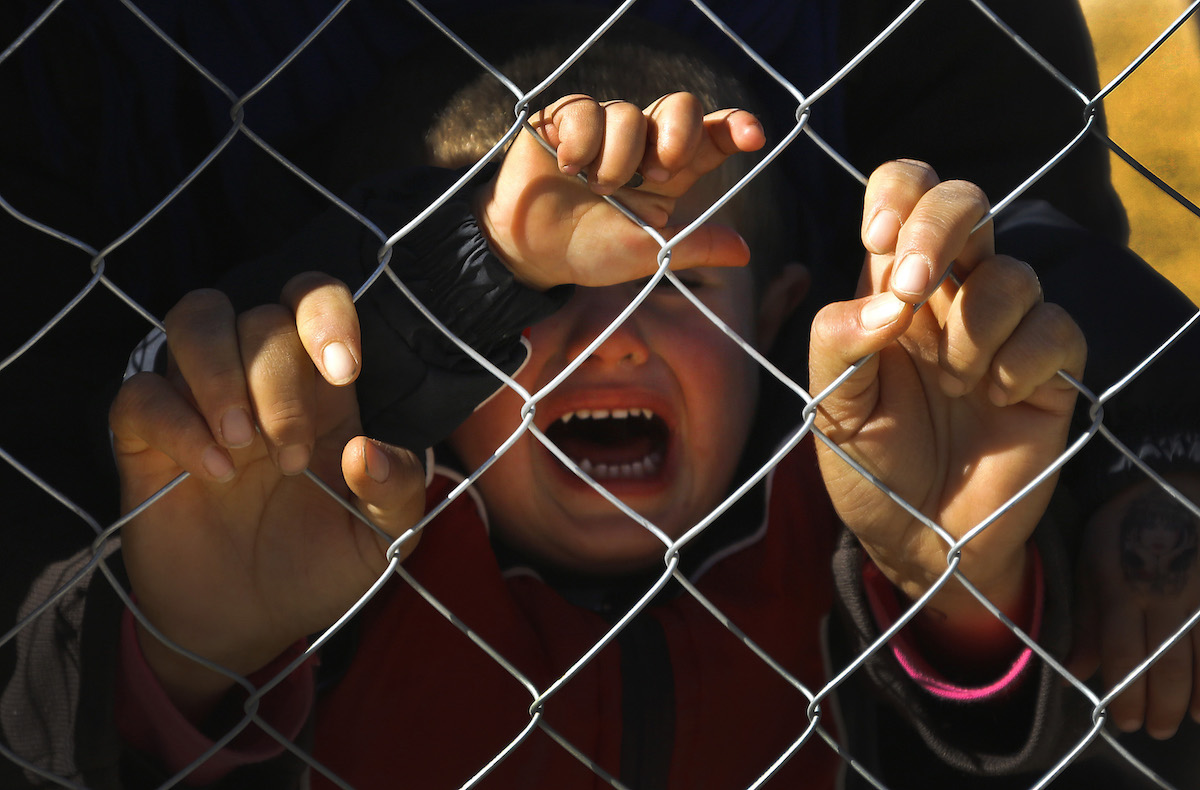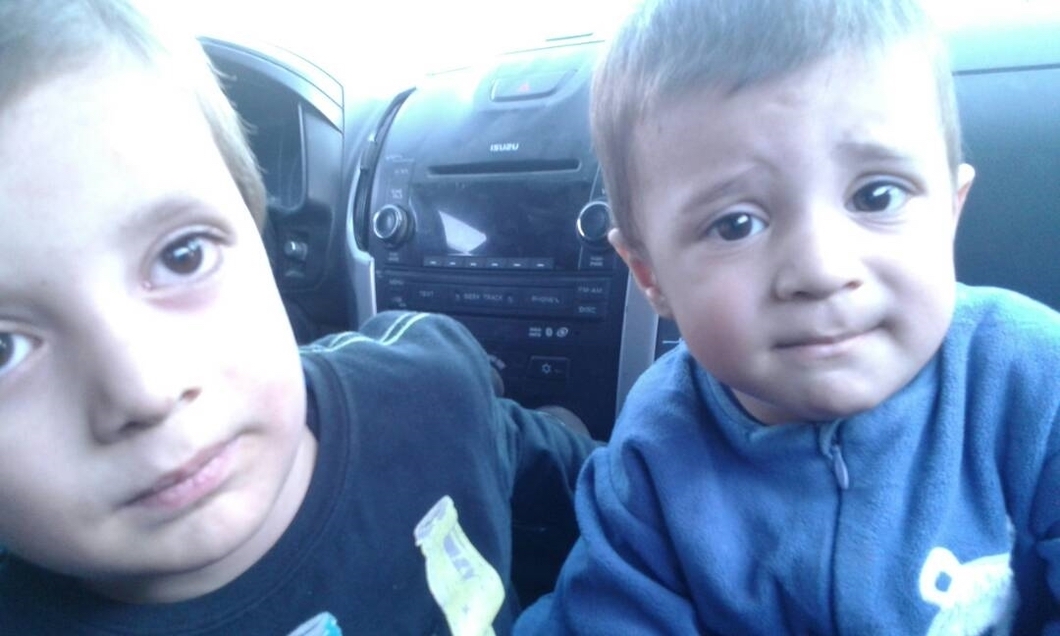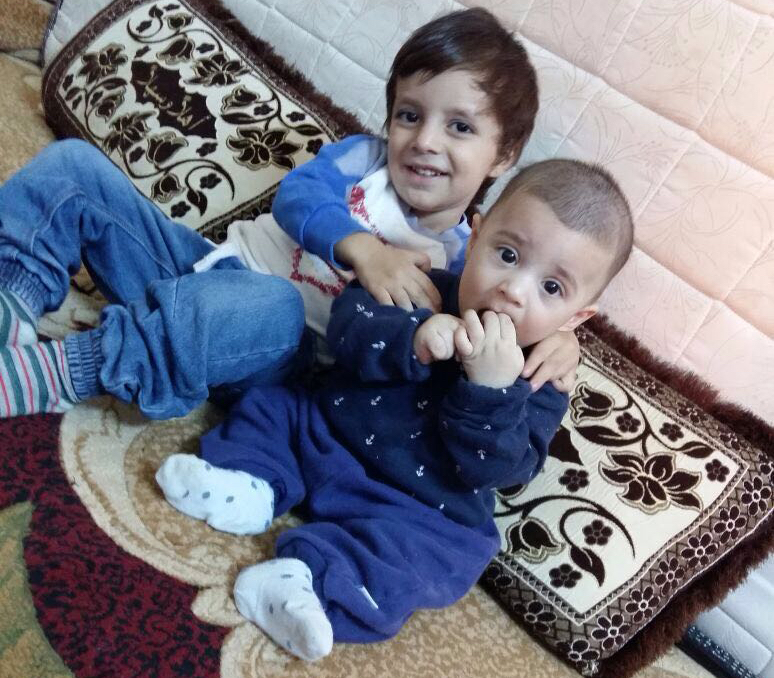Russian grandmothers attempt to return their grandchildren from ISIS' hands

There are still Russian children in Syria and Iraq in territory controlled by the Islamic State (IS). Many of them were born during the war. Among the most effective specialists in tracking down these children are their grandmothers, but in Russia they often wind up under observation and are sometimes even held criminally liable for their activities.
Based on an article by Novaya Gazeta
Raisat Omarova and Zukhra Gaziakhamaeva were not friends before, but they did live in the same city.
In 2014, a calamity happened in Zukhra’s life: her son Shamil went to join ISIS. Shamil was not more religious than those around him. He had an education, was working and had a decent life, but somewhere along the line he got ‘infected’ with the desire to go fight for ISIS. He took his wife Madina and their newly-born son Mukhammed along with him.
But Shamil lost his life, and Madina quickly remarried: a woman in ISIS-controlled territory can barely survive alone. She does not have the right to go outside without the accompaniment of a man.
Women whose husbands die while fighting for ISIS are taken to ‘widow homes’ where fighters come to ‘pick out’ a wife for themselves. This is often seen by the women in a positive manner, for whoever their new husband might be, he cannot possibly be worse than the widow homes.
Madina did not want to go to a widow home and she married Rashid Omarov. She gave birth to a second son, whom they named Abdurakhman.
A while later, Rashid also died.
Madina ended up on her own with her two children, the oldest of which was already two years old. Her youngest was one month old.

The fighting continued, ISIS continued to lose territory and Madina ran from fights with the wives of other fighters. Of her close friends, only two people remained: two women, thousands of miles away in Dagestan who were overcome with grief. The mothers of her two husbands and the grandmothers of her children.
Pining for their two grandsons and, it would seem, for the unlucky mother of these two boys as well, Zukhra and Raisat grew to be friends. They analysed maps of battlefields and positions and kept up to date with the summaries of all fighting that took place. Through acquaintances and acquaintances of acquaintances they searched for traces of Madina and their grandsons in Syria and bit by bit put together her story and that of her sons.
The grandmothers learned to use Skype and other messaging services and how to use photographs to determine locations, knowing that besides them, nobody would help them get their grandsons home.
The third time around, Madina married an Arab. She died this year in spring while trying to pass through a humanitarian corridor from east Ghouta.
Since then, Zukhra and Raisat have stepped up their activities to save her boys.
Madina’s last husband, who speaks Russian, is keeping the boys hostage. He has demanded that the grandmothers send him money in order to have the boys released.
There is little time to think: one of the boys has an intestinal infection, and may die.

Data from the Ministry of Foreign Affairs of Russia says that 24 women and 74 children have been returned from the conflict zones. There are 1 521 people waiting to be returned home. The first Russian child was returned home in the summer of last year.
Moreover, women who are able to escape IS often become the subjects of criminal cases in Russia on charges of terrorism – even when they did not take part in combat activities and gave themselves up voluntarily.
There have also been cases of relatives receiving prison terms while trying to help their loved ones return home to Russia.
Zukhra and Raisat have no allies: the pace of children and women returning home from territories formerly controlled by ISIS is very slow. What makes the matter worse is that the two boys are in the custody of combatants, thus their case is not being heard.



















